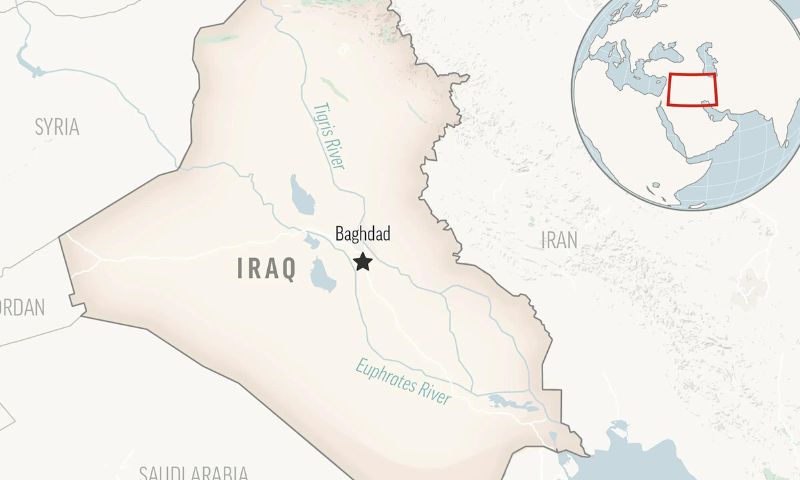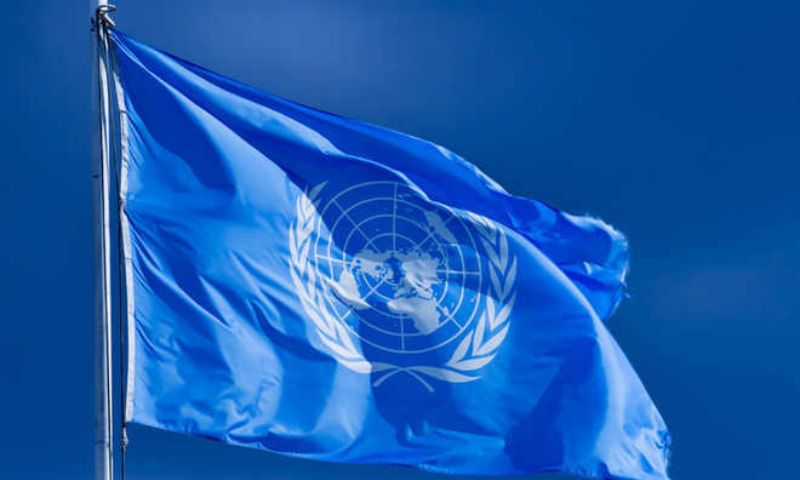UNITED NATIONS: A recent report from UN experts has shed light on the persisting threat posed by Daesh, also known by its Arabic acronym, in its former strongholds in Syria, Iraq, and Afghanistan. The report, which was circulated on Monday, outlines the current status of the militant group and its activities across these conflict-ridden regions.
Despite significant losses in leadership and decreased activity in Syria and Iraq, experts have highlighted that Daesh remains a potent security concern. The group, which had declared a self-styled caliphate in 2014 across swathes of Syria and Iraq, was declared defeated in Iraq in 2017 after a prolonged three-year battle. However, remnants of the group in the form of sleeper cells have persisted in both countries.
The UN panel monitoring sanctions against Daesh reported that the group’s strategy has evolved over time. It has integrated itself within local populations and has chosen battles cautiously to minimize losses. The experts pointed out that Daesh has been rebuilding its ranks and recruiting new members from camps in the northeastern part of Syria as well as from vulnerable communities in neighbouring countries. This adaptive approach has enabled the group to maintain a membership ranging from 5,000 to 7,000 fighters in Syria and Iraq.

The report emphasized that despite a reduction in the frequency of attacks, the risk of a resurgence remains due to the evolving tactics and the group’s ability to adapt to changing circumstances. In Afghanistan, the situation is particularly alarming, with the experts stating that Daesh poses the most serious terrorist threat to the country and the broader region. The group has reportedly expanded its operational capabilities and now has an estimated 4,000 to 6,000 fighters and family members in Afghanistan.
The report also touched on the situation in Africa. Positive developments were highlighted, such as the deployment of regional forces in Mozambique’s Cabo Delgado province disrupting the Daesh affiliate there, leading to a reduction in the number of male fighters with battlefield experience. However, the experts expressed concern about the Daesh affiliate in Africa’s Sahel region, which has become increasingly autonomous and has contributed to the escalation of violence in Mali, Burkina Faso, and Niger.
Moreover, the experts underscored the dire conditions in which thousands of individuals with alleged links to Daesh are living in northeast Syria’s closed camps, Al-Hol and Roj. These camps hold a significant number of children, including those born to Daesh fighters, representing a complex humanitarian challenge.























